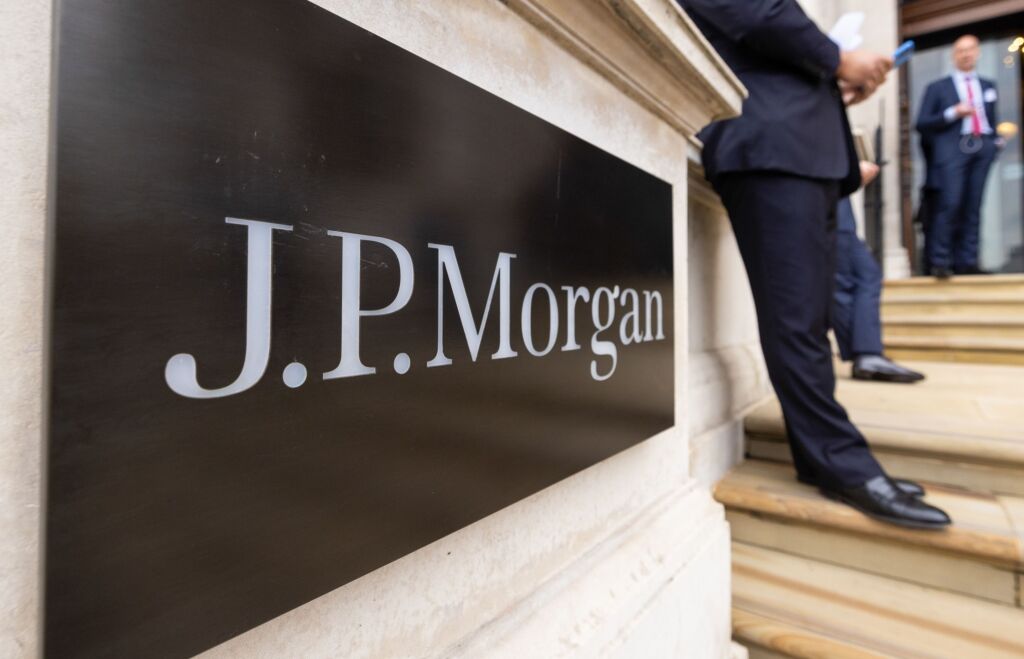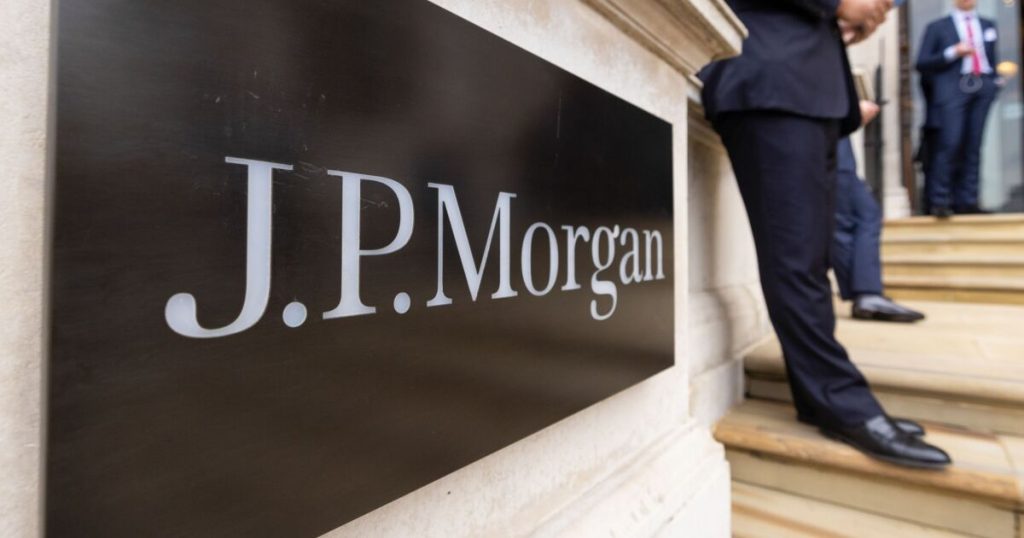Enjoy complimentary access to top ideas and insights — selected by our editors.

Chris Ratcliffe/Bloomberg
JPMorgan Chase is taking new steps to curb fraud on peer-to-peer payments platform Zelle.
Starting March 25, 2025, the $4-trillion-asset bank will begin asking for additional information on payments it believes originated through contact on social media platforms and could decline or block those payments, according to forthcoming
“Zelle is designed for sending money to others you know and trust, not for buying things on social media,” a JPMorgan Chase spokesperson told American Banker in an email, adding the bank wants to help its customers protect themselves from scams that originate on social media platforms.
JPMorgan Chase may request information about the purpose of a payment, the method of contact with the recipient or other details the bank “deems appropriate to assess whether your payment has elevated fraud or scam risk, or is an illegal, ineligible or improper payment,” according to the terms and conditions.
Chase may further decline payments or restrict user’s use of Zelle if they do not respond truthfully to inquiries about the payment.
Nearly 50% of scams reported to JPMorgan by its customers originate on social media, with many scammers asking for payment through Zelle or wires. JPMorgan’s terms and conditions previously highlighted that Zelle does not have purchase protection, but the new language clarifies that the bank will take additional steps to slow or stop the payment.
The move comes as Zelle reaches new levels of ubiquity among consumers. The bank-owned payments platform surpassed
Last year, the Senate pressed Early Warning’s owners on whether they should be
Chase is responding to the outcry over fraud on Zelle and Rohit Chopra’s CFPB demagoguing against them, practically accusing them of turning a blind eye to fraud over the Zelle network, said Eric Grover, principal at Intrepid Ventures. “To be sure, this policy will block a great many entirely legitimate payments and inconvenience many Zelle users.”
Early Warning, as well as its owners Bank of America, Capital One, PNC, Truist, U.S. Bank and Wells Fargo, did not respond to requests for comment on Tuesday.
Zelle, Venmo and CashApp are frequently used by scammers to facilitate payment because payments made on those platforms are irrevocable. Common scams on social media platforms involve concert and sporting events; property rentals, sales or leases; motor vehicles and car parts; pets; and furniture, according to JPMorgan.
About 3% of Zelle users reported losing money to scammers, compared to an average of 7% on all other
Social media is a prime place for fraudsters to thrive because most platforms do not have any mechanism to distinguish a validated seller from an unvalidated seller, said Richard Crone, principal at Crone Consulting. That includes more traditional marketplaces, such as Facebook, and up-and-coming e-commerce venues, such as “shoppertainment” on Instagram or TikTok Shop.
“[Shoppertainment] is one of the fastest growing
To be fair, Zelle and CashApp do not claim to be a payment platform for the sale of goods and services, but that hasn’t stopped users from using them as such.
In response to increased scams, Block’s CashApp has been employing artificial intelligence and machine learning models to detect scams in real time and offer notifications to its customers, said Brian Boates, science lead at Block.
“We have an internal feature where customers can report scams, we investigate these claims, and we can confirm based on the information we received through those reports whether or not a scam did take place,” Boates said. “We’re constantly getting new data of confirmed examples of scams that we can use to train our models to detect scams in real time for future peer-to-peer transactions.
“Customers can, of course, choose to proceed, but we’re giving them that moment to pause and reflect and think about it,” he said, noting Cash App will sometimes block transactions outright if the risk of fraud is too high.
But JPMorgan Chase’s updated terms are a “curious admission” that the bank has no way to know how a payment on Zelle originated or identify risky recipients without being told by the user, said Aaron McPherson, principal and founder of AFM Consulting.
The shift in policy could be intended to strengthen the bank’s hand when dealing with a refund request, he said.
“If Chase can show that the request originated from a social media contact, they can deny the refund for violation of this policy,” McPherson said. “I doubt it will calm criticism of Zelle or its member banks – this is just punishing the sender, and does not do anything to cut off a person who has complaints lodged against them.”

